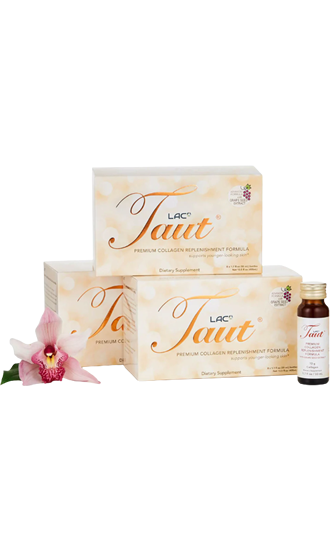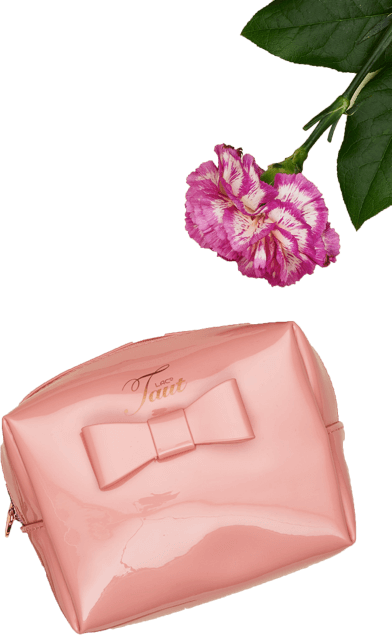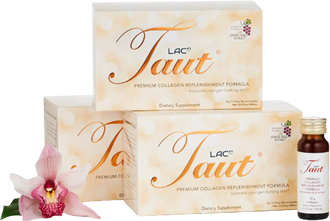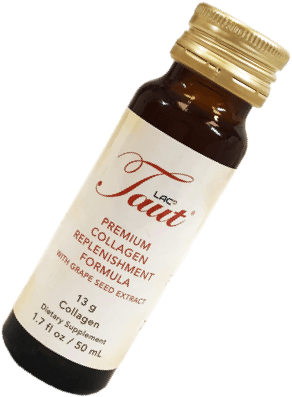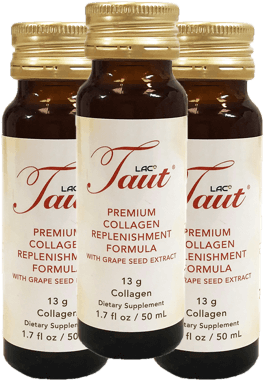MASQUELIER’s® OPCs promotes and protects skin health

DR MASQUELIER’s® OPCs promotes and protects skin health - clinical study 2012
http://www.masqueliers.us/the-science-behind-masqueliers-products
The skin is responsible for the sense of touch and also acts as a barrier that protects the delicate underlying tissues and organs. The skin has an outer layer, the epidermis, which gets its oxygen and nutrients from the deeper layer, the dermis. The dermis contains blood vessels, nerve endings, hair roots and sweat glands. It is made up of elastin fibers and collagen floating in a glycoprotein gel. The dermis gives the skin its strength, elasticity and moisture. Blood vessels in the dermis supply nutrients to all parts of the skin.
Helpful reading: What is liquid collagen
The rate at which the human skin ages can be attributed to intrinsic and environmental factors. Intrinsic factors include the natural physiological aging process and genetic make-up. Environmental factors that affect the health of the skin include overexposure to UV rays, free radicals, poor nutrition, smoking, chemicals and drugs. Of these, free radicals generated by exposure to UV rays from the sun (or in tanning studios) are by far the biggest environmental factor that damages the skin causing early aging of skin. With skin aging, the total quantities of collagen and elastin decrease, making the skin thinner. The hydration, strength and elasticity in the skin’s layers decline, and may result in sagging, dehydration and wrinkling of skin. Additionally, blood vessels become more fragile, and may lead to bleeding under the skin, pigmentation and spider veins.
Maintaining healthy skin involves protecting it from free radical damage, strengthening collagen and elastin, and improving blood circulation in the dermis. Topical applications of vitamins and antioxidant nutrients intended to protect skin and keep it healthy have been used for a long time.
However, recent scientific research has demonstrated the important role that dietary nutrients play in maintaining skin health and in protecting skin from damage by free radicals.
One such phytonutrient whose beneficial effects on skin health have been established through extensive scientific research is MASQUELIER’s® OPCs. MASQUELIER’s® OPCs has been shown through clinical studies to markedly reduce sunburn in skin caused by exposure to UV and to improve skin hydration. Excess exposure to UV radiation generates free radicals in the skin, which initially trigger biological reactions that cause damage to skin tissue and blood vessels, and reddening of skin, and in the long run promote rapid skin aging. By scavenging free radicals in skin, MASQUELIER’s® OPCs reduces sunburn of skin and the damaging effects of UV exposure, and by additionally improving skin hydration, this phytonutrient plays an important role in keeping skin healthy.
MASQUELIER’s® OPCs also binds glycosaminoglycans, and promotes collagen synthesis and polymerization and inhibits its degradation. It also significantly protects elastin in dermal connective tissue from degradation. Through these actions on the connective tissue, this phytonutrient can strengthen the structure and support elasticity of skin and of blood vessels supplying the skin.
MASQUELIER’s® OPCs has been demonstrated to have a vitamin C sparing effect in vitro. Vitamin C exerts antioxidant activity, supports body’s inflammatory response and plays a key role in synthesis of collagen. This in vitro vitamin C sparing effect, antioxidant effect and its beneficial effects on the normal inflammatory response, and skin structural proteins and blood vessels, contribute to the several ways in which MASQUELIER’s® OPCs promotes and protects skin health.

